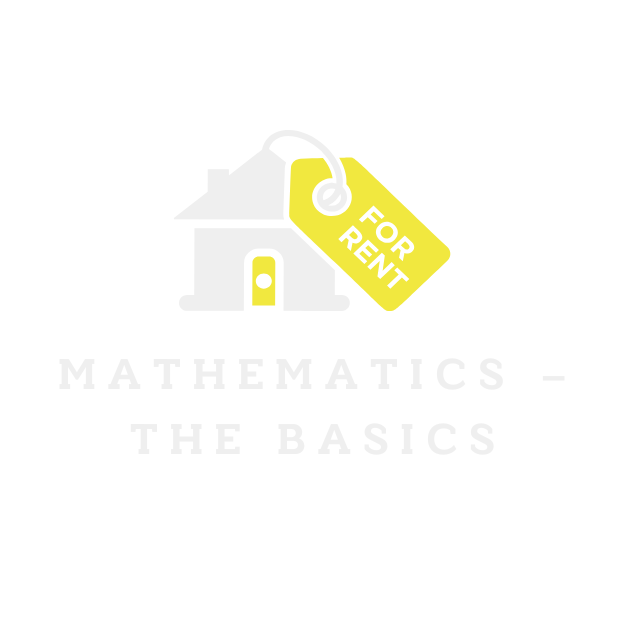Deciding between buying a condo and renting can feel like choosing between pizza and tacos—both are delicious but serve different cravings. On one hand, owning a condo offers the sweet taste of investment and the freedom to customize your space. On the other, renting provides flexibility and less responsibility, like a carefree life without the burden of a mortgage.
Table of Contents
ToggleOverview of Buying a Condo vs Renting
Buying a condo offers long-term investment benefits. Homeownership builds equity over time. Owners can customize their spaces, reflecting personal tastes and lifestyles.
Renting presents flexibility in lifestyle choices. It allows easy relocation without the burden of selling a property. Lease agreements typically span 12 months, offering shorter commitments. Renters avoid maintenance responsibilities, as landlords handle repairs.
Cost structures differ significantly between these options. A condo demands an upfront down payment, often ranging from 3% to 20% of the purchase price. Monthly mortgage payments follow, along with property taxes and homeowners association fees. Renters, on the other hand, pay monthly rent, which varies based on location and property size.
Market conditions influence decision-making. A buyer’s market may make purchasing appealing due to lower prices and increased inventory. In contrast, a seller’s market can inflate costs, potentially steering individuals toward renting.
Lifestyle preferences also play a role. Condo living often attracts those seeking community involvement and amenities like gyms or pools. Renters, however, may prioritize convenience and quick adaptations to changing life circumstances.
Investment potential impacts long-term financial planning. A condo may appreciate in value, potentially yielding significant returns. Renting lacks the same growth opportunity but allows for consistent monthly budgeting without the unpredictability of investment fluctuations.
Pros of Buying a Condo

Buying a condo offers several advantages that appeal to many buyers.
Financial Investment
A condo serves as a long-term financial investment. Buyers build equity as they pay down their mortgage. This accumulation of equity often leads to financial stability over time. Appreciation in property value can further enhance investment returns. For instance, many areas see condos appreciating at rates of 3-5% annually. Tax benefits also exist, as homeowners may deduct mortgage interest and property taxes, reducing overall taxable income. With a consistent market upward trend, condos perform well as appreciated assets.
Stability and Control
Purchasing a condo provides stability and control unmatched by renting. Owners establish roots in their chosen community, creating a sense of belonging. Unlike renters, buyers can alter and personalize their spaces, reflecting their unique styles. Consistency in monthly mortgage payments adds predictability to budgeting. Additionally, ownership means freedom from annual rent increases typically imposed by landlords. Long-term agreements with homeowner associations can also contribute to a more secure living experience.
Pros of Renting
Renting offers distinct advantages over buying a condo, appealing particularly to those valuing flexibility and lower initial expenses.
Flexibility and Mobility
Flexibility stands as one of the key benefits of renting. Renters can easily adjust their living arrangements to adapt to changing life circumstances. A job relocation or lifestyle change often prompts a swift move to a new area. Without the burden of selling property, they can transition to a new rental with minimal disruption. Additionally, rental agreements typically range from six months to a year, allowing for quick decisions and adjustments. Individuals who prioritize adventure or career opportunities find this mobility essential.
Lower Initial Costs
Lower initial costs represent another significant advantage of renting. Renters avoid the upfront expenses associated with purchasing a condo, such as down payments and closing costs, which can reach tens of thousands of dollars. Monthly rent requires less financial commitment. In many markets, renters commit to a manageable monthly payment without the strain of fluctuating mortgage rates. Also, rental properties often include amenities, providing renters access to community features without added costs. Thus, individuals looking to minimize their immediate financial obligations often find renting more appealing.
Cons of Buying a Condo
Buying a condo presents certain drawbacks. It involves recurring costs and market-related risks that potential buyers should consider.
Ongoing Expenses
Ongoing expenses can add stress to condo ownership. Homeowners face costs such as homeowners association (HOA) fees, which can range from $200 to $500 monthly, depending on the amenities provided. Maintenance costs also arise, as owners must budget for repairs and upkeep. Utilities, property taxes, and insurance further contribute to monthly financial obligations, which renters typically avoid. Financial strain can result if unexpected repairs occur. Additionally, budgeting for these expenses may limit financial flexibility over time.
Market Risks
Market risks significantly impact condo ownership. Property values can fluctuate based on local real estate trends, economic conditions, and interest rates. Buyers might face a decline in property value, making it difficult to sell or refinance their condo. Potential buyers must also remain mindful of market saturation, particularly in areas with numerous new developments. Selling a condo in a buyer’s market can lead to financial losses. Investment in a condo can turn into a burden if market conditions shift unfavorably.
Cons of Renting
Renting a property comes with several drawbacks that can impact financial stability and long-term living arrangements. Below are the key downsides of choosing to rent.
No Equity Build-Up
Renting doesn’t allow tenants to build equity. Monthly rent payments contribute to the landlord’s asset rather than personal wealth. Unlike condo ownership, where monthly mortgage payments increase personal equity, rent payments do not provide any financial return. Over time, this lack of equity results in lost investment opportunities, hindering wealth accumulation. Individuals may find themselves in the same financial position without any asset ownership, lacking a fallback option for retirement or future needs. For many, this creates a compelling reason to consider purchasing a condo instead.
Possible Rental Increases
Renters face the uncertainty of potential rent increases. Lease agreements often include clauses that allow landlords to raise rental rates at renewal times. In competitive markets, landlords frequently adjust rents to align with current market conditions, which can lead to significant financial strain for tenants. Each annual increase can disrupt budgeting plans, pushing individuals to reconsider their living situations. For those on fixed incomes, unexpected hikes complicate affordability. With fluctuating housing markets, renters may find themselves paying significantly more over time compared to initial rates.
Choosing between buying a condo and renting ultimately hinges on personal circumstances and financial goals. For those seeking stability and long-term investment potential, purchasing a condo can be a rewarding choice. It offers the chance to build equity and enjoy the benefits of homeownership.
On the other hand, renting provides flexibility and ease of relocation, making it ideal for individuals who value adaptability in their living situations. Each option carries its own set of advantages and challenges, so it’s crucial to weigh these factors carefully. By considering lifestyle preferences and financial implications, individuals can make a decision that aligns with their unique needs and aspirations.


